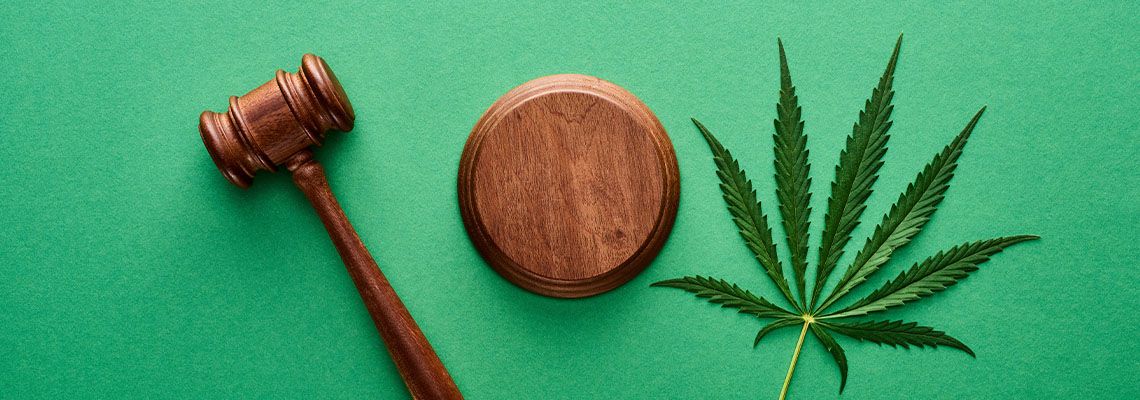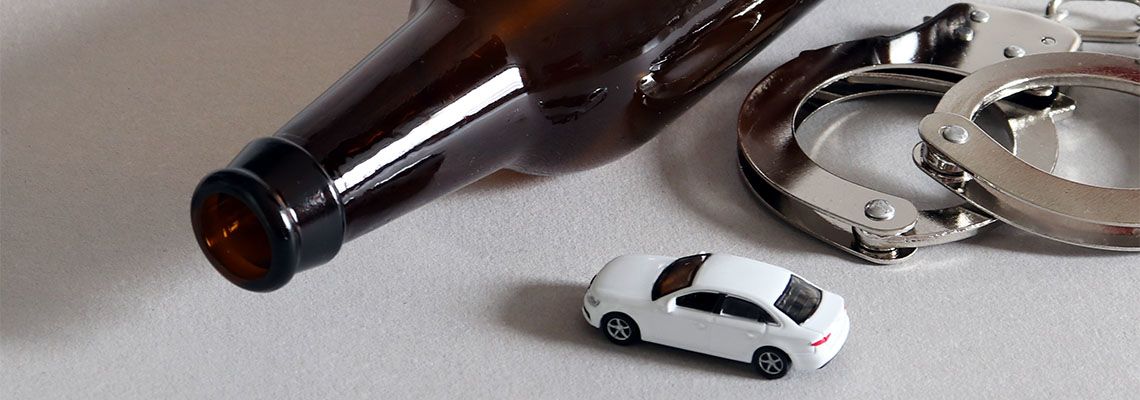
More than 60 people are arrested each day in Colorado for DUI. These cases involve drugs, alcohol, or a combination of both. Let's not add to this statistic.
At The Leier Law Office LLC, we've seen it all. Our experienced criminal defense attorney understands that Colorado's Marijuana Driving Laws can be complex and often misunderstood. That's why we're here to break them down for you. But if you’re seeking immediate legal assistance, go ahead and contact our firm today. We provide services 24/7 and will be happy to set you up with a free consultation.
Colorado Marijuana Laws You Need to Know
In Colorado, adults who are 21 and older have the legal right to possess and consume marijuana. This law reflects a progressive attitude toward cannabis and has opened up many opportunities for both recreational use and medicinal applications. However, with this freedom comes responsibility.
Despite its legalization, it's crucial to understand that driving under the influence of marijuana is still an offense that carries serious legal consequences. If your ability to operate a vehicle is affected by marijuana to any degree, you can be arrested for a DUI (Driving Under The Influence) or DWAI (Driving While Ability Impaired). This law is designed to ensure road safety and prevent accidents caused by impaired driving.
What's Considered "Under the Influence" In Terms of Marijuana?
In Colorado, being "under the influence" of marijuana isn't just about having a certain level of THC (the psychoactive component of marijuana) in your system.
Rather, it refers to a situation where a person's ability to operate a vehicle is even slightly impaired by the psychoactive effects of marijuana. So even if your blood level is below the legal limit of 5 nanograms of active Delta 9 THC per milliliter, you can still be arrested and cited for impaired driving if law enforcement observes and documents signs of impairment.
How Colorado Tests for High Driving
Law enforcement officers in Colorado are equipped with various tools to determine whether or not a driver is operating their vehicle under the influence of marijuana.
Roadside impairment tests include observing the driver's behavior, such as slowed reaction time, difficulties in road tracking, impaired cognitive performance, and relaxed inhibitions. Some officers are specially trained Drug Recognition Experts (DREs) who are adept at detecting physical and psychophysical signs of drug impairment.
Chemical tests, such as blood, breath, urine, or saliva tests, can also be conducted to measure the level of THC in a driver's system. Refusing to take a chemical test after a lawful arrest can result in automatic license suspension and other penalties, so it's essential that you understand your rights and obligations.
Possible Penalties
If you're found guilty of driving under the influence of marijuana in Colorado, the penalties can be severe. While we won't delve into specifics here, these penalties may include:
substantial fines,
jail time,
community service,
probation,
court-imposed license revocation,
mandatory drug/alcohol education classes,
increased auto insurance premiums,
loss of firearm rights,
a criminal record, and
difficulties in obtaining employment, housing, and financial loans.
It's a serious matter with far-reaching implications. We're not here to tell you whether or not you should use marijuana. It's ultimately a personal decision. However, we do believe that it's essential to understand the laws surrounding marijuana use and make responsible choices. Because when it comes to marijuana and driving, the consequences can be high. So stay informed, stay safe, and remember to always drive sober.
Legal Defenses for Driving High
As a seasoned criminal defense attorney with experience in prosecution, our lawyer knows that mounting a defense for a marijuana DUI in Colorado can be complex, but it's not impossible. Here are some potential defenses you might consider:
Challenging the Legality of the Traffic Stop: The law requires police to have a reasonable suspicion of illegal activity before they can stop your vehicle. If we can demonstrate that the officer didn't have a valid reason for stopping you, any evidence collected during the stop may be deemed inadmissible in court.
Questioning the Validity of Drug Recognition Evaluation (DRE): Many officers in Colorado are trained as Drug Recognition Experts (DREs). However, their evaluations are based on observations, not concrete scientific tests. We can challenge the accuracy of the DRE's evaluation and question whether the signs of impairment they noted were actually due to marijuana use.
Disputing the Blood Test Results: While Colorado has a legal limit of five nanograms of active Delta 9 THC per milliliter in whole blood, this standard isn't flawless. Tolerance levels can vary greatly among individuals, meaning a regular user might not be impaired with a level above five nanograms. Plus, the testing methods themselves aren't perfect and can sometimes yield inaccurate results.
Proving Medical Necessity: In some cases, we might argue that you had a medical necessity to use marijuana. However, this is a tricky defense since the law still prohibits driving under the influence, regardless of medical necessity.
Arguing Lack of Probable Cause for Arrest: Police must have probable cause to arrest you for a DUI. If we can prove that the officer lacked probable cause, the charges against you could potentially be dismissed.
Remember, every case is unique, and these defenses may not apply to all situations. If you find yourself facing a marijuana DUI charge in Colorado, don't hesitate to reach out. Our team at The Leier Law Office LLC can help you navigate the legal landscape and fight for your rights.
Questions or Concerns? We're Here to Help.
As an experienced criminal defense lawyer, our attorney is more than capable of assessing the specific details of your case, building a strong defense strategy, and advocating for your rights in court. Remember, it's not just about understanding the law—it's about knowing how to navigate it. We know how to help you do just that.
Whether you’re in Loveland, Greeley, Windsor, Evans, or the surrounding areas, The Leier Law Office LLC is here for you. Contact our office in Fort Collins, Colorado, today to schedule a free consultation and learn about your options.



